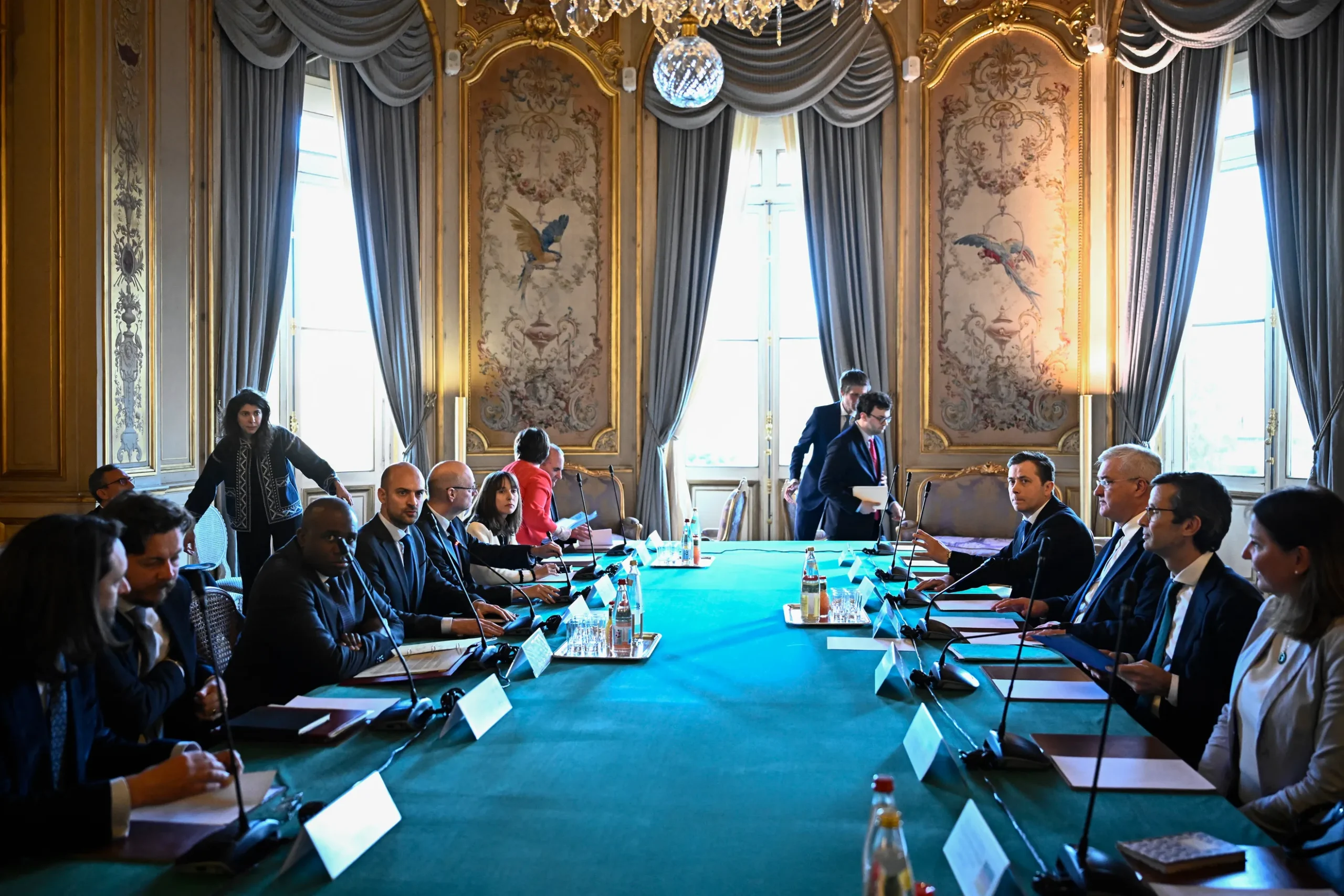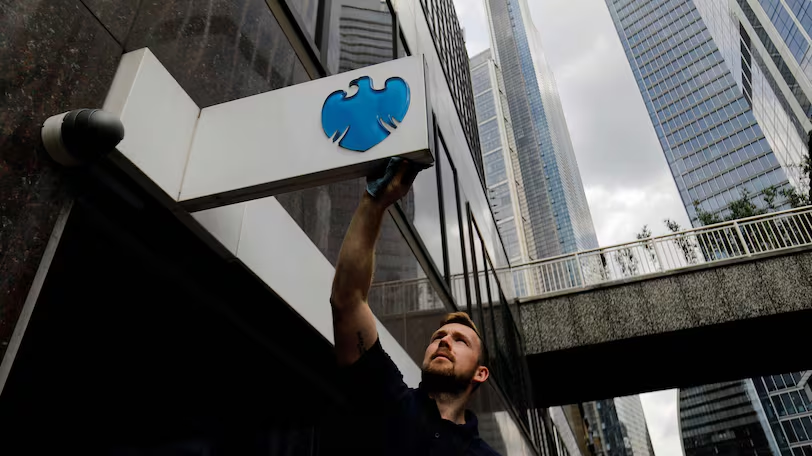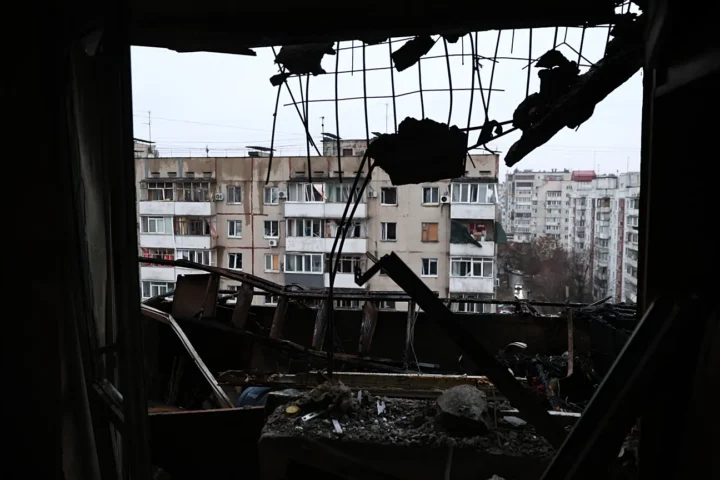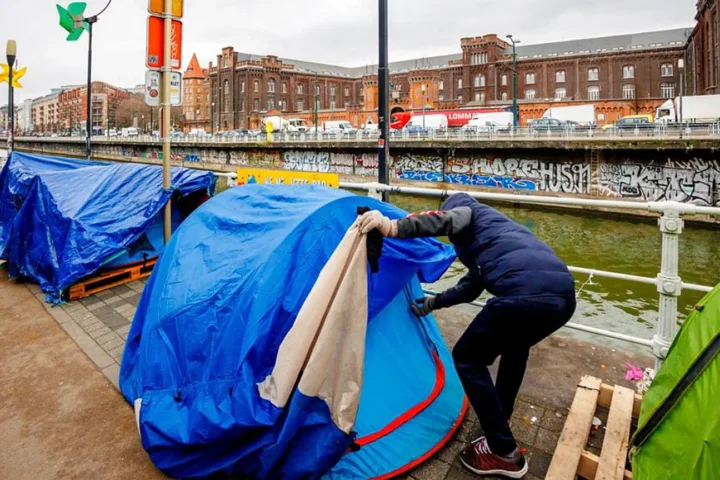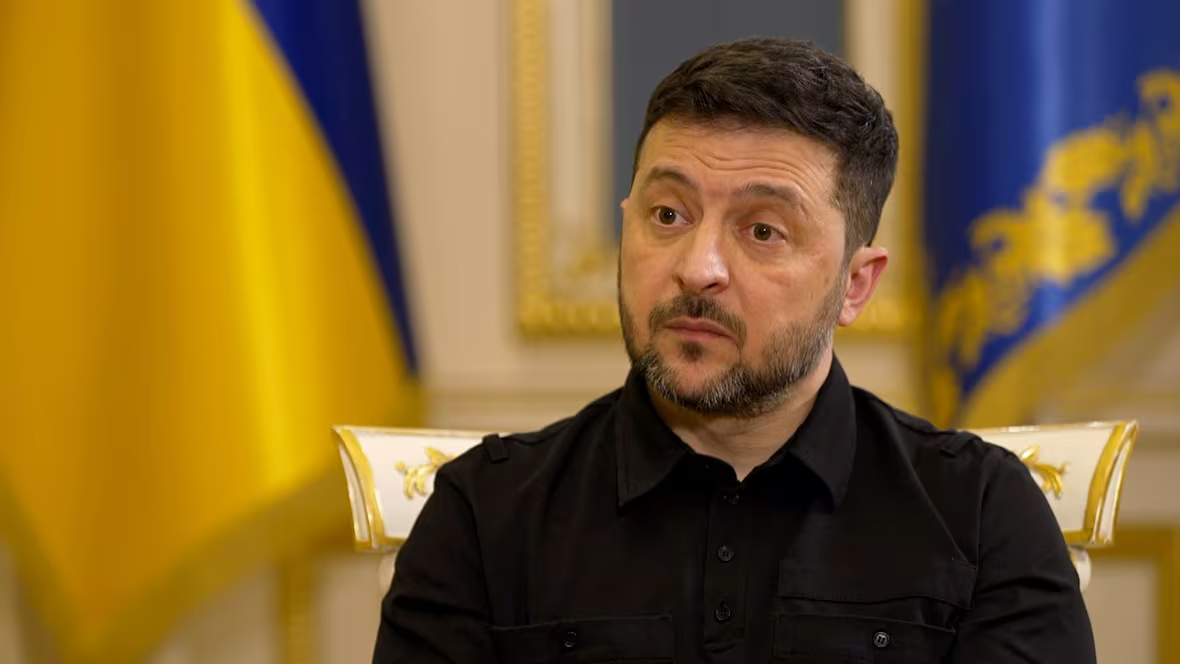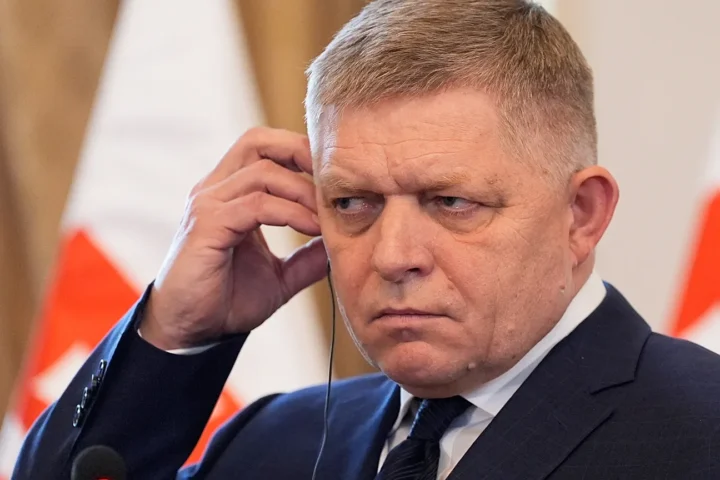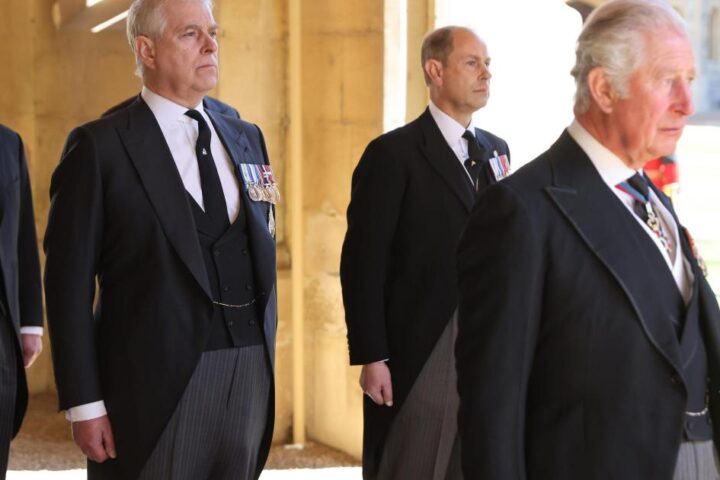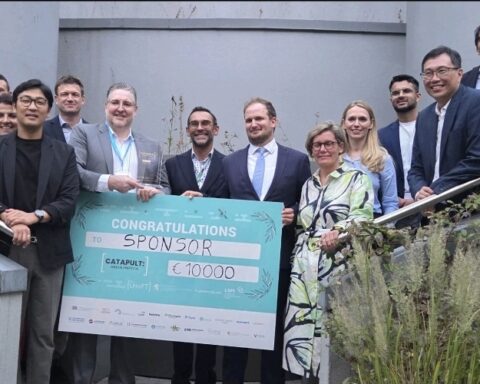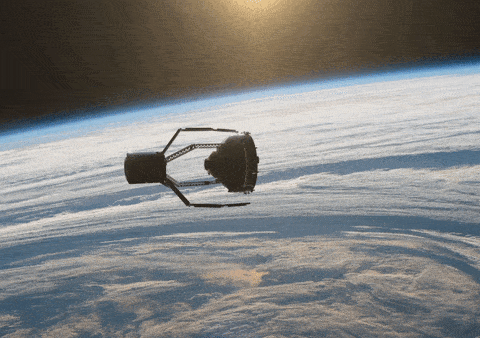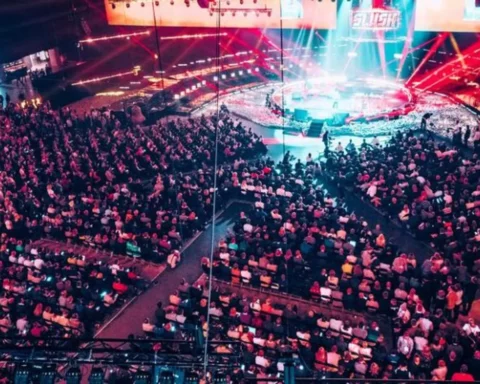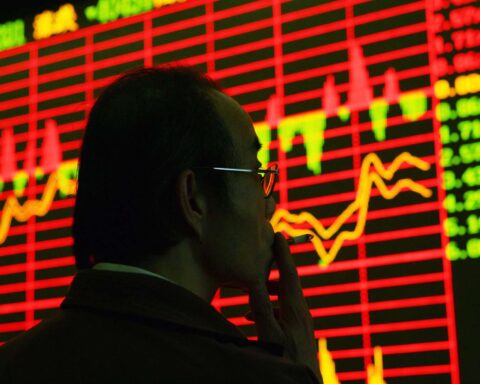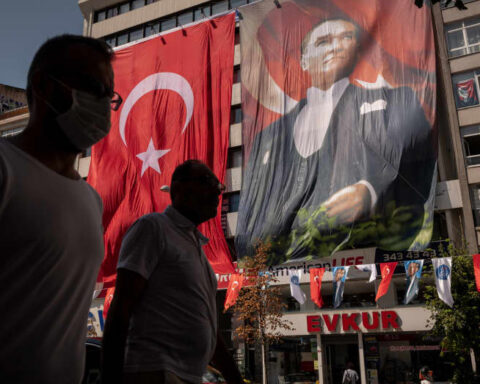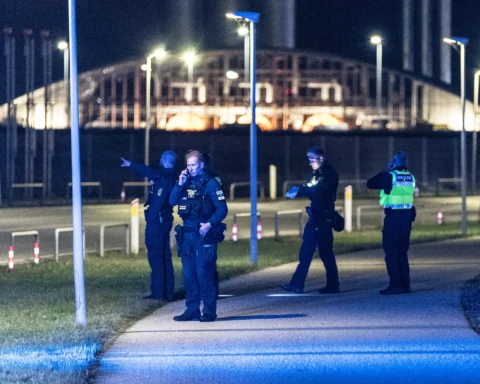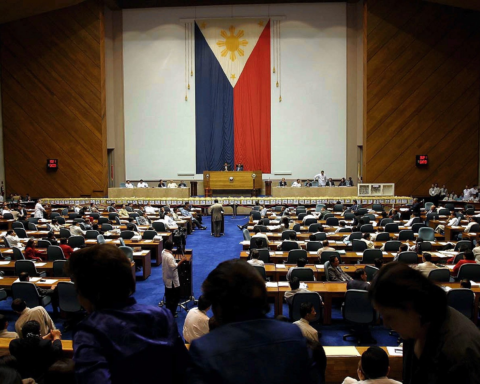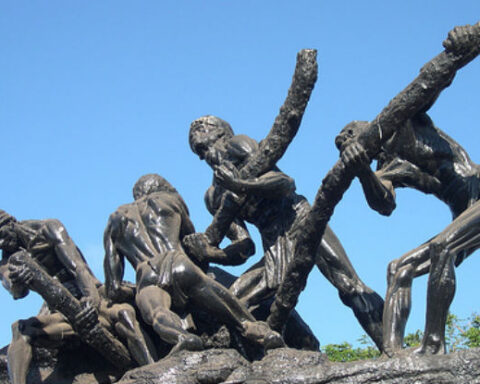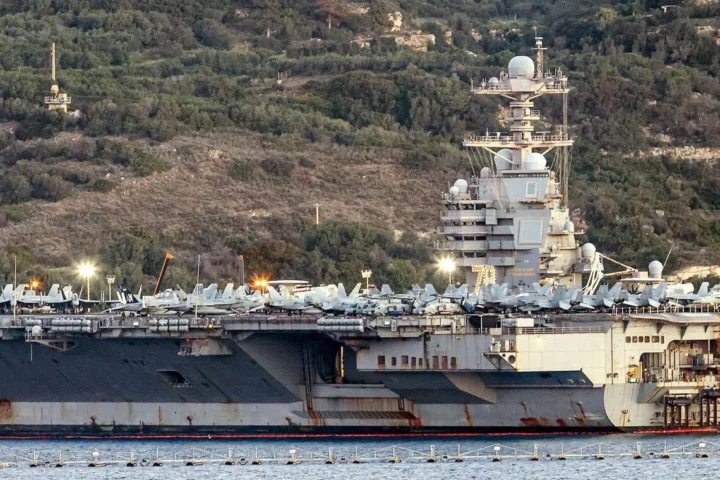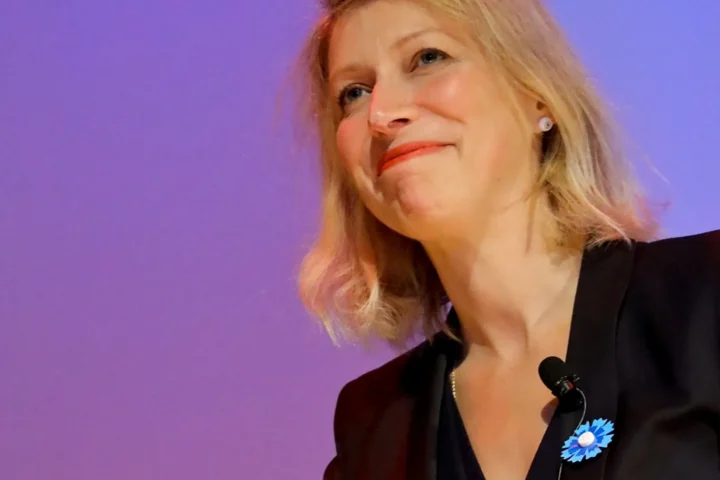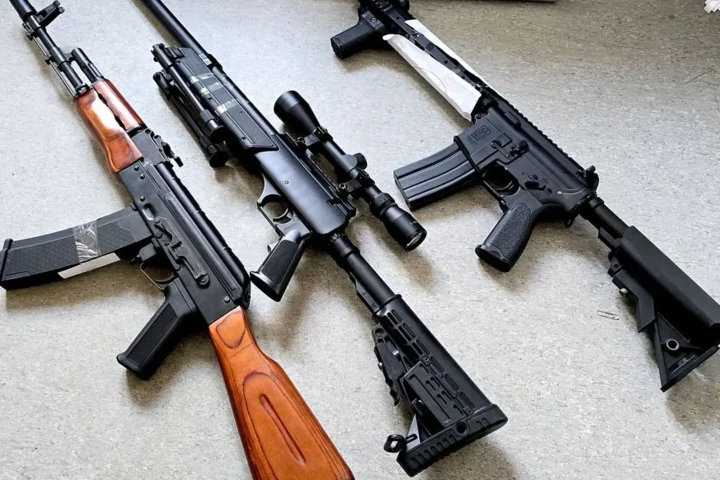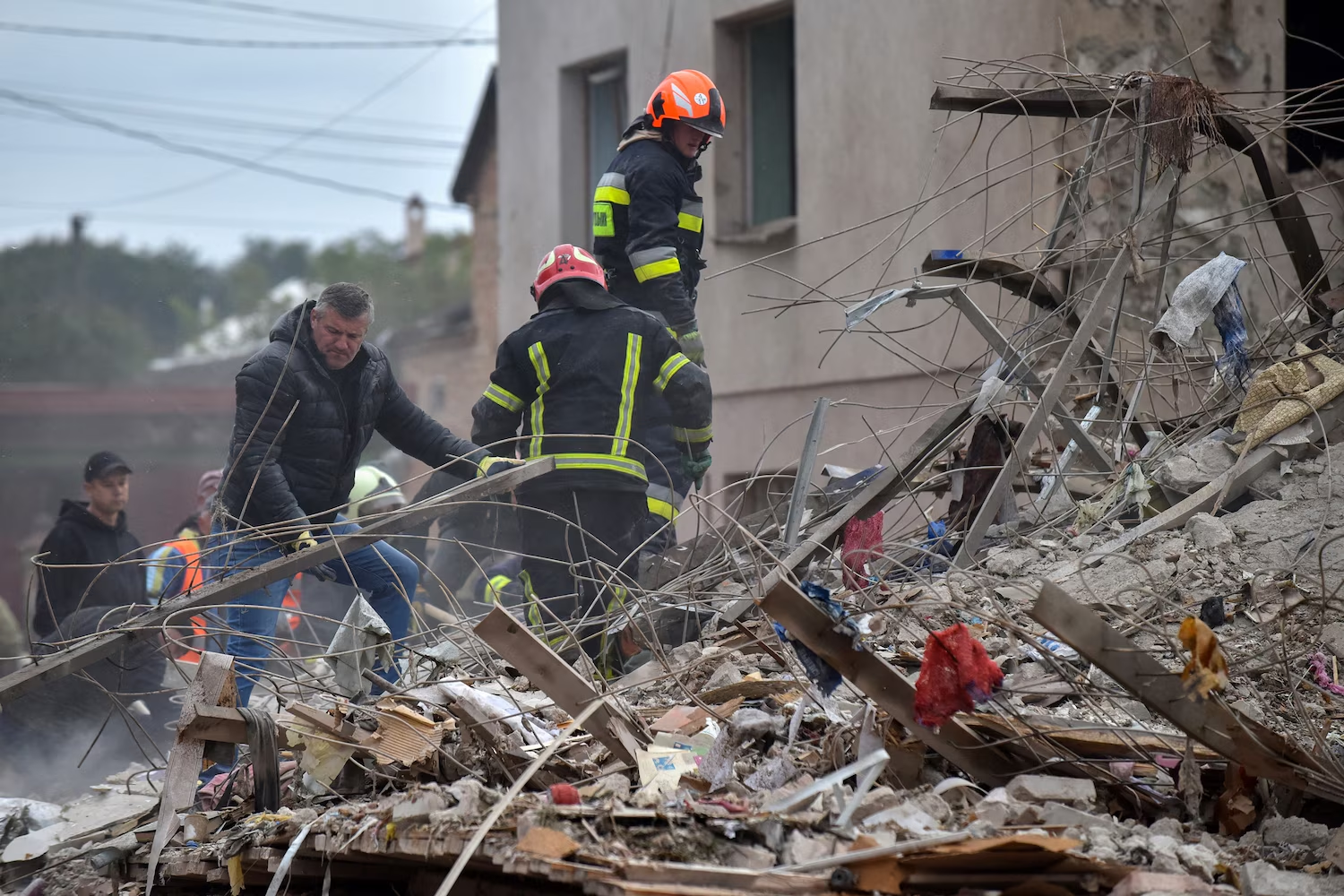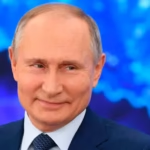Following high-level talks in Paris, the French government has emphasized that any future ceasefire agreement between Ukraine and Russia must be rooted in the “reality on the ground”—a position likely to stir anxiety in Kyiv, where concerns remain high over potential territorial concessions.
The meetings, which brought together U.S. Secretary of State Marco Rubio, special envoys Steve Witkoff and Keith Kellogg, and senior representatives from Ukraine, the United Kingdom, and Germany, were described by the Elysée Palace as the beginning of a “positive process” involving European stakeholders more directly in negotiations.
Despite a shared desire for an immediate cessation of hostilities, French officials struck a pragmatic tone. “We must acknowledge that a number of Ukrainian territories are currently under Russian occupation,” a senior Elysée official noted after the talks. This realistic approach, while diplomatic, raised red flags in Kyiv about the potential pressure to accept a ceasefire that might legitimize Russia’s control over contested regions.
Witkoff, who has previously met with Russian President Vladimir Putin in Moscow, recently told Fox News that Russia’s ceasefire offer depends on recognition of “five territories” claimed by Moscow. While he did not name them explicitly, these are widely believed to include Crimea—annexed in 2014—and the eastern and southern regions of Donetsk, Luhansk, Kherson, and Zaporizhzhia, all of which were subject to internationally unrecognized referendums staged by Russia.
Ukraine’s Foreign Ministry swiftly rejected the notion, reiterating that it would never accept the loss of its territory. It called on international partners to uphold Ukraine’s sovereignty and internationally recognized borders.
Although territorial control remains one of the thorniest issues in the peace process, Macron’s office framed Thursday’s discussions as a constructive milestone. “Our objective remains achieving peace as soon as possible—peace that is lasting, and that secures Ukraine’s fundamental rights,” the French official added.
European leaders have expressed growing concern about being sidelined in diplomatic efforts, particularly amid fears that Washington could broker a premature ceasefire deal lacking robust guarantees for Ukraine’s long-term security.
To address this, France and the UK are leading a “coalition of the willing”—a group of over 30 nations committed to supporting Ukraine. The coalition is exploring the possibility of deploying a multinational reassurance force on the ground to oversee and enforce any future ceasefire arrangements.
President Macron spoke with Ukrainian President Volodymyr Zelenskyy both before and after Thursday’s meeting, underlining Europe’s commitment to keeping Kyiv informed and engaged.
The next round of talks, featuring the same group of high-level officials from France, Germany, Ukraine, the UK, and the U.S., is scheduled to take place in London next week, as Europe continues to assert its role in shaping the path toward peace in Ukraine.
